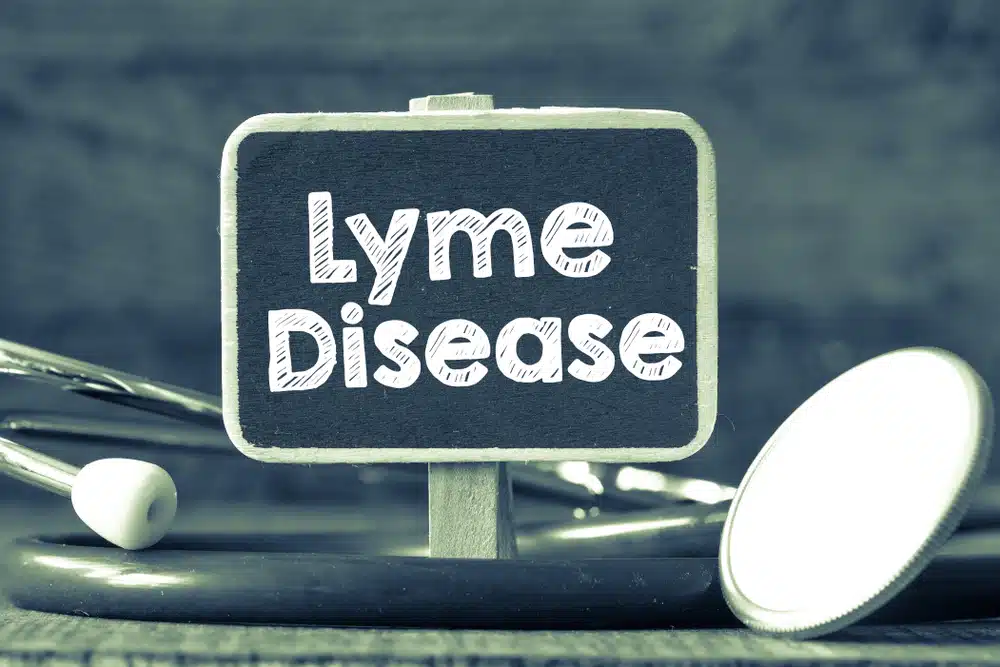Today, we’re delving into a topic that’s a bit off the beaten path but crucially important—how ticks, typically a concern for hikers and pet owners, can also impact your oral health. That’s right, those tiny creatures can influence more than just your skin; they can leave a lasting impression on your smile too! 🌲🔍
While most of us are aware that a tick bite can lead to Lyme disease, characterized by its notorious rash, few know about the oral symptoms that can accompany this condition. Here’s what you should watch out for:
Dry Mouth and Tooth Pain
One of the lesser-known symptoms of Lyme disease is dry mouth. When Lyme disease affects the nerves that help in salivary gland functioning, it can lead to a significant decrease in saliva production, causing dry mouth. This condition is not only uncomfortable but can also increase the risk of tooth decay and gum disease.
Tooth pain is another surprising symptom. It’s not your typical ache either; Lyme disease can cause a deep, pulsating discomfort that might make you think you need a filling or root canal.
Jaw Pain: It’s Not Always About Your Wisdom Teeth
Experiencing jaw pain? While wisdom teeth could be the culprit, Lyme disease could also be stirring trouble. This condition can cause inflammation in the muscles and joints of the jaw, leading to a condition known as Lyme arthritis. This can make opening your mouth, chewing, or even speaking a painful ordeal.
Understanding the Lyme Links to Oral Health
Lyme disease bacteria can invade various tissues in your body, including those in your oral cavity. Here’s how you can recognize the link:
- Gum inflammation: Look out for redder, more swollen gums than usual, which could be a sign of Lyme-related inflammation.
- Facial nerve palsy: In some cases, Lyme disease can cause facial nerve palsy, which might lead to drooping on one side of your face, affecting your smile and facial expressions.
How to Protect Your Smile from Tick Bites
Here are some tips to help you keep your smile safe while enjoying the great outdoors:
- Use tick repellents: When hiking or walking in wooded areas, use EPA-registered tick repellents on your skin and clothing.
- Perform tick checks: After spending time outdoors, make sure to check your entire body for ticks, paying close attention to the neck and behind the ears.
- Maintain good oral hygiene: Regular brushing and flossing can help mitigate the effects of dry mouth and keep your gums healthy.
Ticks might be small, but their impact on your health, including your oral health, can be significant. By staying vigilant and informed about the symptoms and connections between Lyme disease and dental issues, you can better protect yourself and keep those pearly whites shining bright—both in the sun and away from ticks!
Stay safe, and keep smiling bright! 😁🌿🦟




